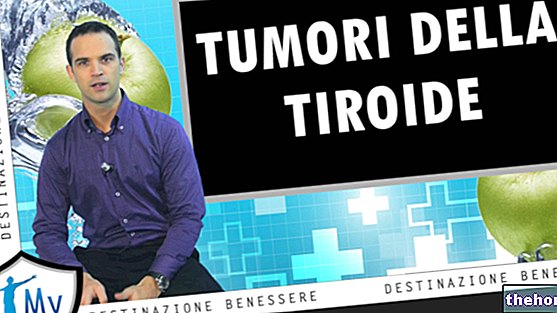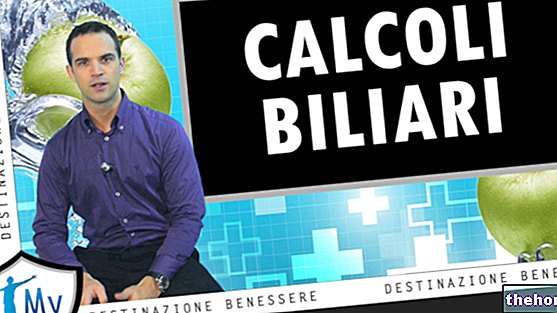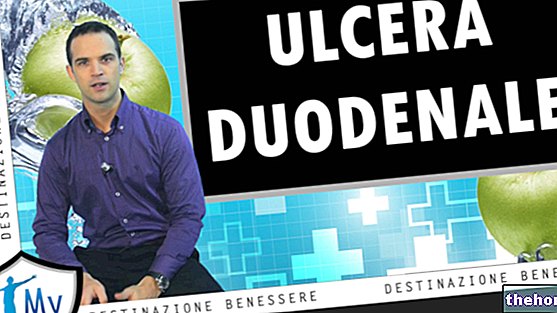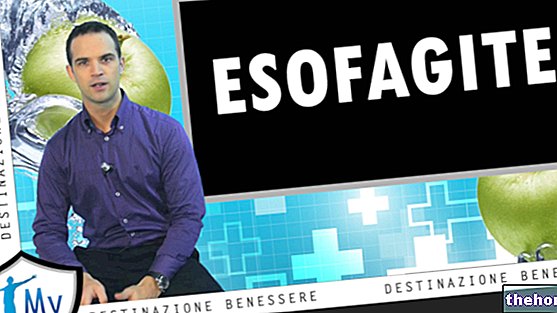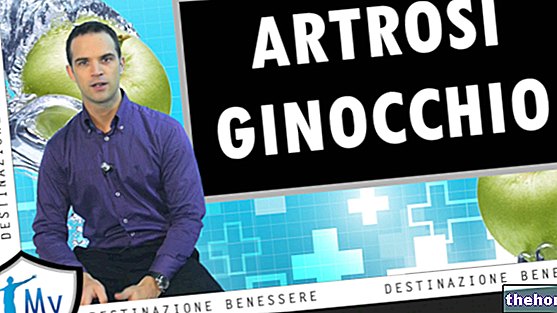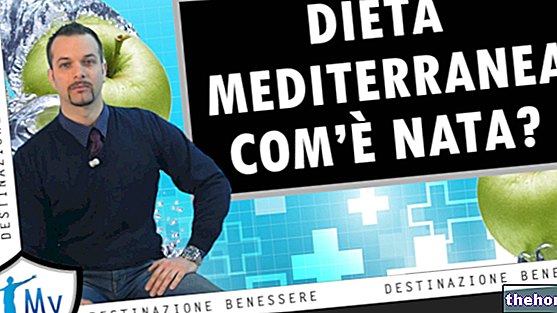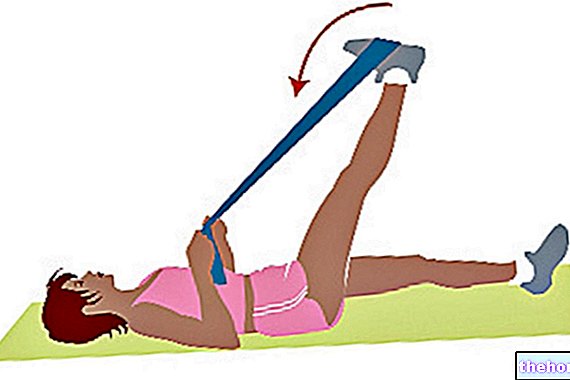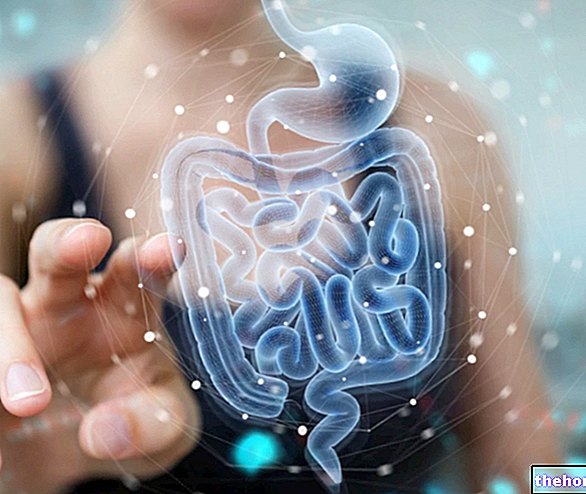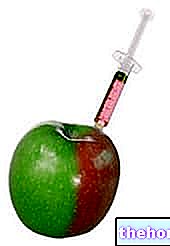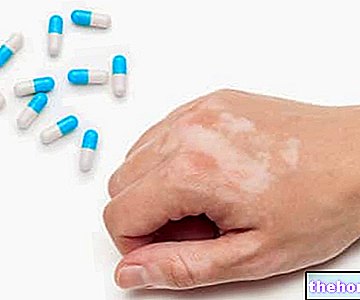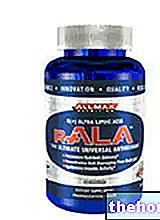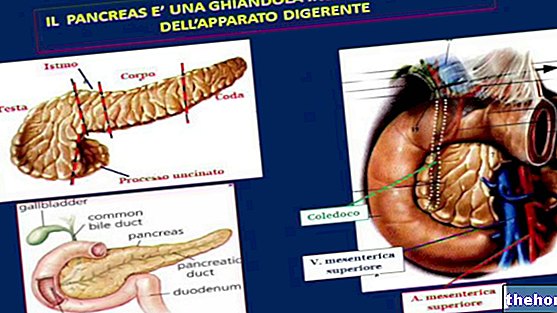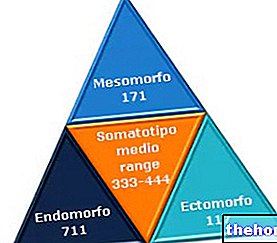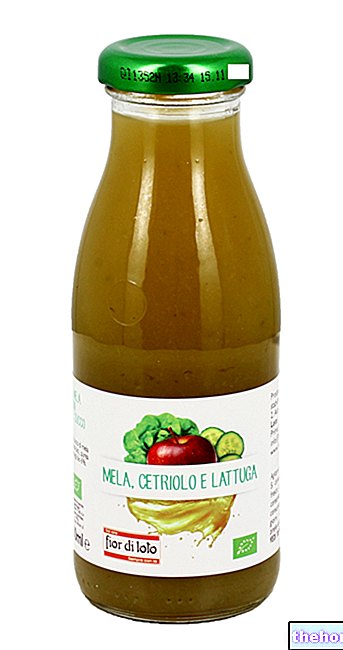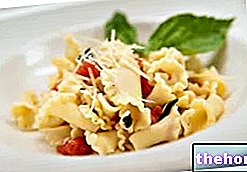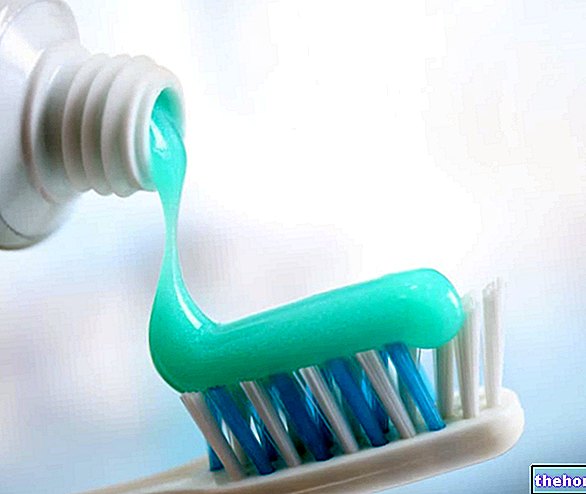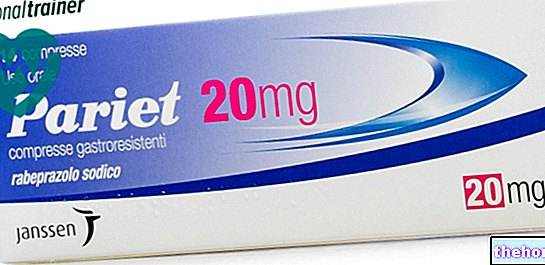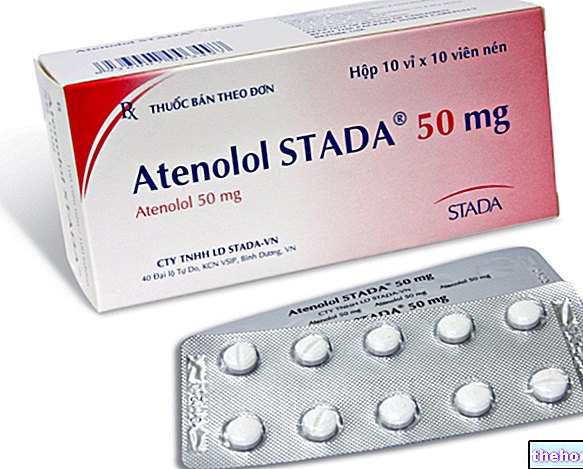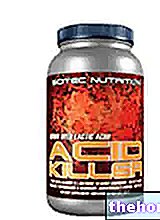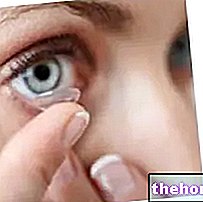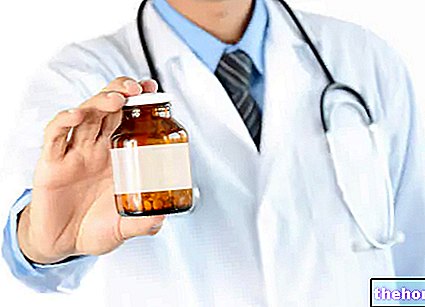Today's video will focus on CHOLESTEROL SUPPLEMENTS and, in particular, we will describe WHAT they are and HOW they WORK!
As many listeners will already know, cholesterol is a PURELY ANIMAL lipid. It is not an energy molecule, but a STEROID compound that performs many primary functions in the body. Some of these are: cell membrane structural, steroid hormone precursor and (in bile) pro-digestive emulsifier. Some people are led to believe that there are different types of cholesterol, as its measurement in BLOOD differentiates the GOOD and the BAD. In reality, the laboratory analysis is based on the quantification of the specific transport LIPOPROTEINS, or the COURIERS involved in the dislocation of cholesterol and other lipids. Without going into too much detail, we remind you that there are lipoproteins responsible for transport: from the liver to the peripheries (i.e. the VLDL that become LDL, also called BAD cholesterol) and others involved in the vehicle from the tissues to the liver (i.e. the HDL, better known by the name of GOOD cholesterol). Obviously, when the transit action of the BAD one exceeds the transport of the GOOD one, there is an increased risk of deposit in the arteries. In a nutshell, excess total or bad cholesterol, or an imbalance in the relationship between the two, can increase the risk of ATHEROSCLEROSIS and VASCULOPATHIES.
Let's start by specifying that in this video we will ONLY talk about food supplements and NOT DRUGS! These are defined as: "Useful products to ENSURE the introduction of certain nutrients that are hypothetically LACKING in the diet". Now, many listeners will ask themselves:
“Why should I increase the dietary intake of certain NUTRIENTS, when hypercholesterolemia is caused by an EXCESS of cholesterol?”
The answer is quite complex but I will try to give you a quick motivation.Excess cholesterol in the blood can have various triggering CAUSES, but food supplements are especially useful when the disease has DIET or LIFESTYLE origins; these are: overweight and sedentary lifestyle, excess of saturated fats and cholesterol, deficiency of essential fatty acids, and deficiency of PHYTOTHERAPY molecules naturally present in food. In practice, food supplements for cholesterol are used to increase the intake of ALL these BENEFIT nutrients. Let's see them in more detail!
Some fatty acids are involved in several fundamental metabolic processes. Those characterized by the greatest BENEFICIAL effect on cholesterolemia are: omega 3, omega 6 (both essential polyunsaturated) and omega 9 (monounsaturated). Food supplements based on fatty acids affect only the essential ones, and especially omega 3. These are mainly contained in foods such as oily fish, certain oil seeds and their respective oils; their intake in the diet "should" be 0.5% of total calories and with supplements it is recommended to take them in doses of about 1-3 grams per day.
FOOD FIBERS are mainly composed of carbon hydrates NOT digestible for humans. Among the various functions, they also serve to MODULATE the nutritional absorption of carbohydrates and lipids; in particular, the fraction of BETA-GLUCANS intervenes positively by reducing the quantity of LDL in the blood. These can be taken with the supplements in amounts of 50-200mg per day divided into the three main meals.
PHYTOSTEROLS are plant steroid lipid molecules which, in the intestine, bind cholesterol and prevent its absorption; the best known is BETA-SITOSTEROL which can be taken in quantities of about 0.8-6g, also to be divided into main meals.
PHENOLIC COMPOUNDS, on the other hand, are powerful antioxidants contained in plants which, for humans, also have an important metabolic-hypocholesterolemic action. They can be of different types and the best known are: CATECHIN, QUERCETIN and RESVERATROL (to be taken with supplements in doses over 25mg per day).
POLYCOSANOLS are alcohols extracted from vegetable waxes such as, for example, that of sugar cane; they seem to have a beneficial effect on cholesterol metabolism and can be taken with supplements in doses of 5-10mg per day divided into two daily doses.
LECITHINS are large and complex molecules present in both plants and animals, which perform a dual function on cholesterolemia, namely: they reduce intestinal absorption and facilitate the action of HDL lipoproteins. The most used as a supplement is soy lecithin which should be taken with main meals in doses of 5-15g per day.
Taken from the same legume, soy PROTEINS also seem to be involved in improving cholesterolemia. By replacing them with those of products of animal origin, in quantities of about 20-50g per day 2-3 times a week, they can facilitate the normalization of lipemia.
The CHITOSANO, on the other hand, is a derivative of the shellfish carapace; it is a polysaccharide used in the slimming field since it seems to reduce the intestinal absorption of ALL lipophilic molecules. Its daily dose is to be divided into the three main meals and corresponds to about 1-1.2g per day.
GUGGULSTERONES are steroid molecules obtained from GUGGUL gum; unlike BETA-SITOSTEROL, the cholesterol-lowering mechanism of action is not known, but it is possible that they perform their function by interacting with the thyroid gland; they should be taken in doses of about 3-6g per day.
ALLICIN is a SULFORGANIC compound typically contained in garlic; boasts many health properties and, among these, also the characteristic of reducing LDL. It is generally taken as a supplement in the form of garlic powder in doses of about 900mg / day with 6% allicin.
MONACOLINE are contained in fermented red rice. This product, obtained by inoculating a yeast in white rice, develops molecules that act on the liver, limiting its production of cholesterol. If not used as a food, fermented red rice can be taken in the form of dry extract in doses corresponding to 1200mg daily to be divided into 3 main meals.
For more information on the characteristics of the monacolins present in fermented red rice and on their potential side effects, please refer to the dedicated article: Fermented Red Rice.
I conclude by reminding the kind listeners that the use of supplements against cholesterol must ALWAYS subordinate to a CORRECT DIET and the performance of REGULAR MOTOR ACTIVITY.

